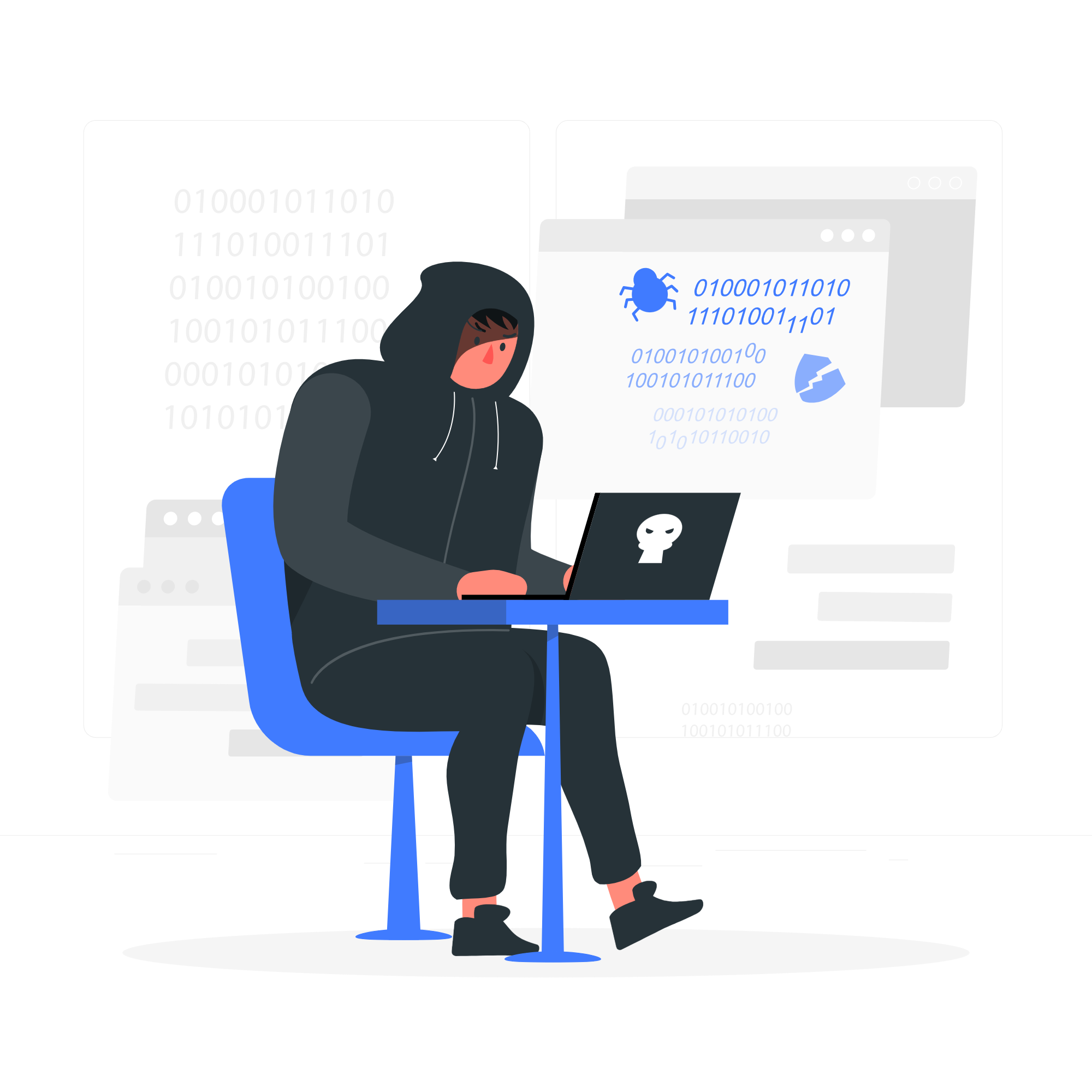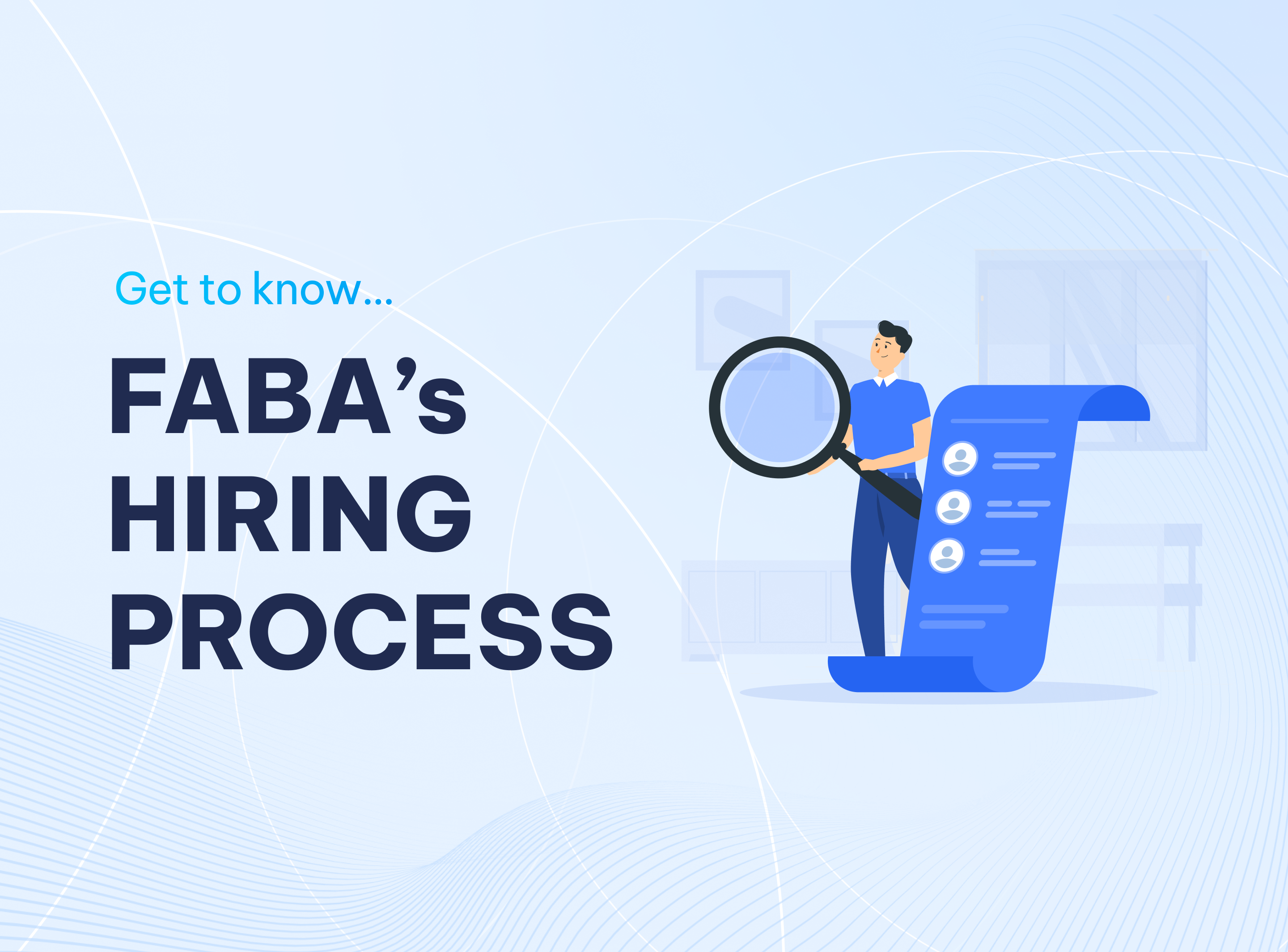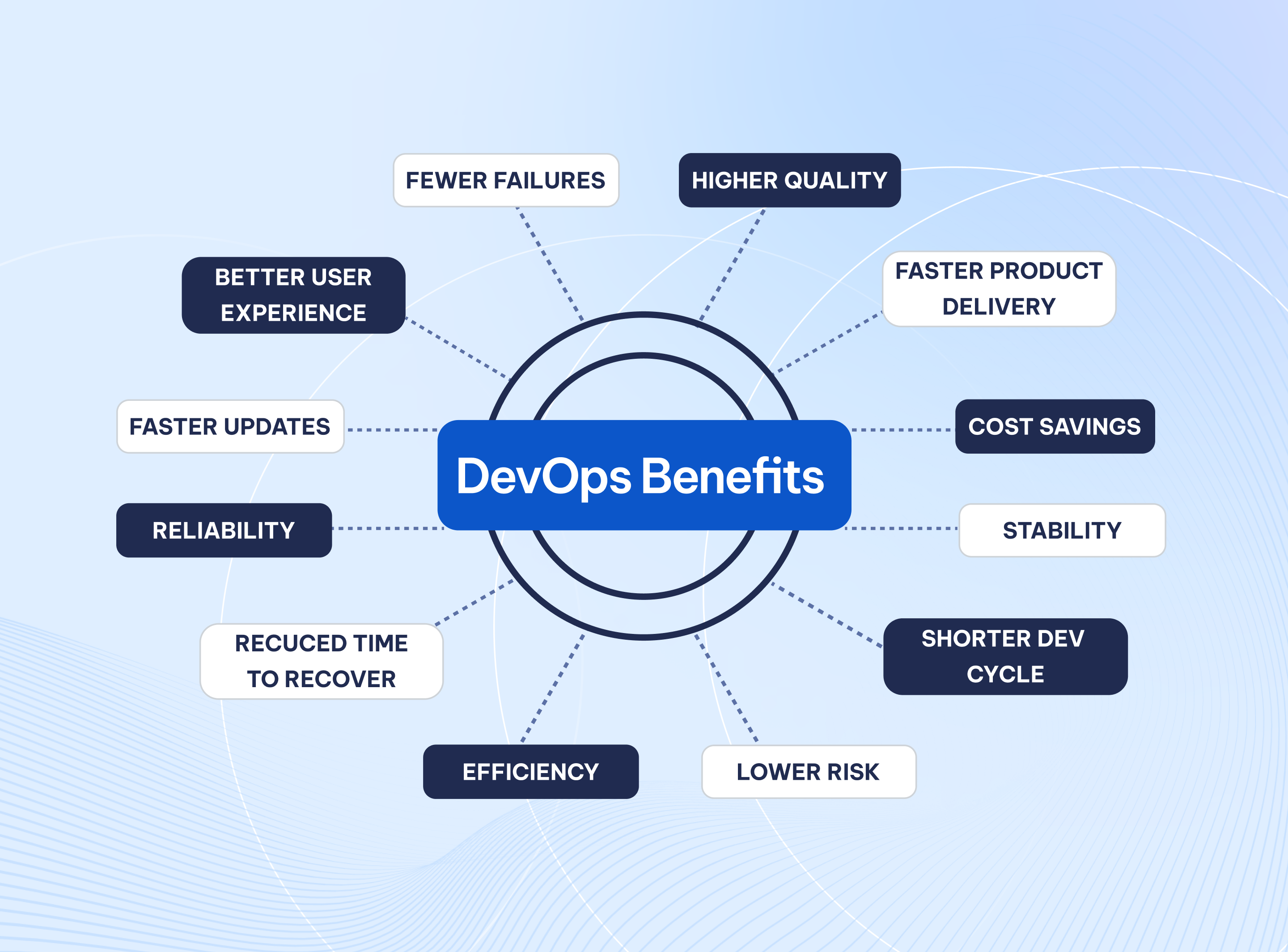Data Security and Compliance in Offshore Development: Protecting Your Intellectual Property
Published on Nov 9, 2023
Introduction
Data security and compliance are some of the major headaches for many software companies, especially when it comes to outsourcing projects.
If you are looking for a brief crash course on how it works, read on to find out.
What is data security and compliance?
Data security is reinforcing and protecting sensitive data from unauthorized access and malicious activities, which can be done through physical or digital measures. An example is deploying a framework consisting of safeguards, policies, and technology.
Keeping data security tight is important because a loss of data can result in destruction and damage to not only the owner but also other businesses and consumers.
Compliance then became a way to prevent this risk— a set of standards enacted by higher governing authorities, made to ensure that products are up to standards for the safety of customers and businesses.
Not just a method to keep safe, a product that follows compliance is seen as high-quality and trustworthy, making it more likely for customers to try the products/services.

Here are some common software development standards that you might find:
- Health Insurance Portability and Accountability Act of 1996 (HIPAA): used in healthcare-related projects.
- General Data Protection Regulation (GDPR): used when dealing with data related to European users. Often found in the Fintech industry.
- Payment Card Industry Data Security Standard (PCI DSS): designed to reduce payment card fraud, also used in Fintech-related projects.
- Capability Maturity Model Integration (CMMI): an appraisal that measures a company’s various capabilities, comes in 5 levels.
- ISO 27001: considered to be one of the most popular security standards for information security management systems.
When it comes to using offshore services, most firms would be able to adapt to your requirements for following international standards. However, be aware that it can be costly to maintain quality compliance.
We advise you to do some research into how having a certification can benefit your IT products and see whether you want to integrate that into the project’s development process.
Unforeseen security risks in outsourcing
Outsourcing is one of the riskier services in the IT world, especially when the country you are outsourcing has a different fundamental understanding of security standards and following compliance than what you would normally expect.

Despite this, many organizations are blindsided by the allure of cost-saving potential and forget to reinforce data security policies despite the obvious risk, leaving themselves vulnerable to bad actors.
For example, poor control over the outsourcing process may allow malicious insiders access to confidential data, opening up your company to cyberattacks such as identity theft, ransomware, infrastructure breakdown, etc.
In the State of Cybersecurity Resilience 2021 by Accenture, indirect cyberattacks initiated by poor data control when using third-party services have increased tremendously from 44% to 61%.
Not only that, failing to follow compliances means breaking government laws and industry rules, resulting in the client’s company being subjected to penalties or going to court. Common compliance violation includes:
- Using personal devices to work on the projects
- Data-sharing process gets intercepted
- Lack of software updates creates vulnerabilities
How to ensure a safe outsourcing experience
With that said, there are proper measures that customers can employ to ensure a safe outsourcing experience, rather than ignoring the service entirely, alongside any benefits that it may have.
Identify sensitive data and understand compliance requirements
The first thing you should do before starting development is to identify what kind of data you want to protect, and clearly outline your requirements and expectations when it comes to data security, such as data protection, access controls, encryption, and other security measures.

Moreover, if your project has to follow certain compliances, then it might be best to go over and lay out what to do and not do when working on the project so that both the company and the outsourcing firm understand the process.
Sign a comprehensive contract
After that, it is time to train your employees on how to keep data security intact, and if compliance is involved, how to follow proper compliance procedures. A well-trained employee is less likely to leak data on accident, especially when they have to handle customer data. Ideally, both your company and the outsourcing firm should:
- Provide training on data security and follow safe coding practice
- Be updated with compliance standards and procedures
- Maintain and encourage an open line of communication to discuss security concerns

Besides training staff to reinforce data security, companies with a bigger budget will have a separate team, or at least an in-house staff member trained in data security, who will be in charge of monitoring and reviewing the team of developers, including tasks such as:
- Check that all compliance-related procedures are carried out (e.g. checking employee cards, all computers are logged out at the end of the day, paper documents are shredded,…)
- Set up security measures such as encryption, firewalls, and login info
- Ensure that the outsourcing firm is fulfilling their KPIs
- Develop exit strategies once a project is completely delivered (e.g. how to dispose of confidential data provided and generated throughout development)
Data Security and Compliance — some parting words
It can be a bit of a hassle to deal with data security and follow compliance guidelines, but having a secured, standards-certified software product can go a long way in boosting your reputation as a company with high-quality services and products.
If you need further help, FABA Technology strives to be transparent and help clients fully understand what the IT outsourcing business entails. Let us help you bring in the expertise you need and get your projects done as smoothly as possible.
To check out what benefits can FABA Technology bring you, contact us here.











